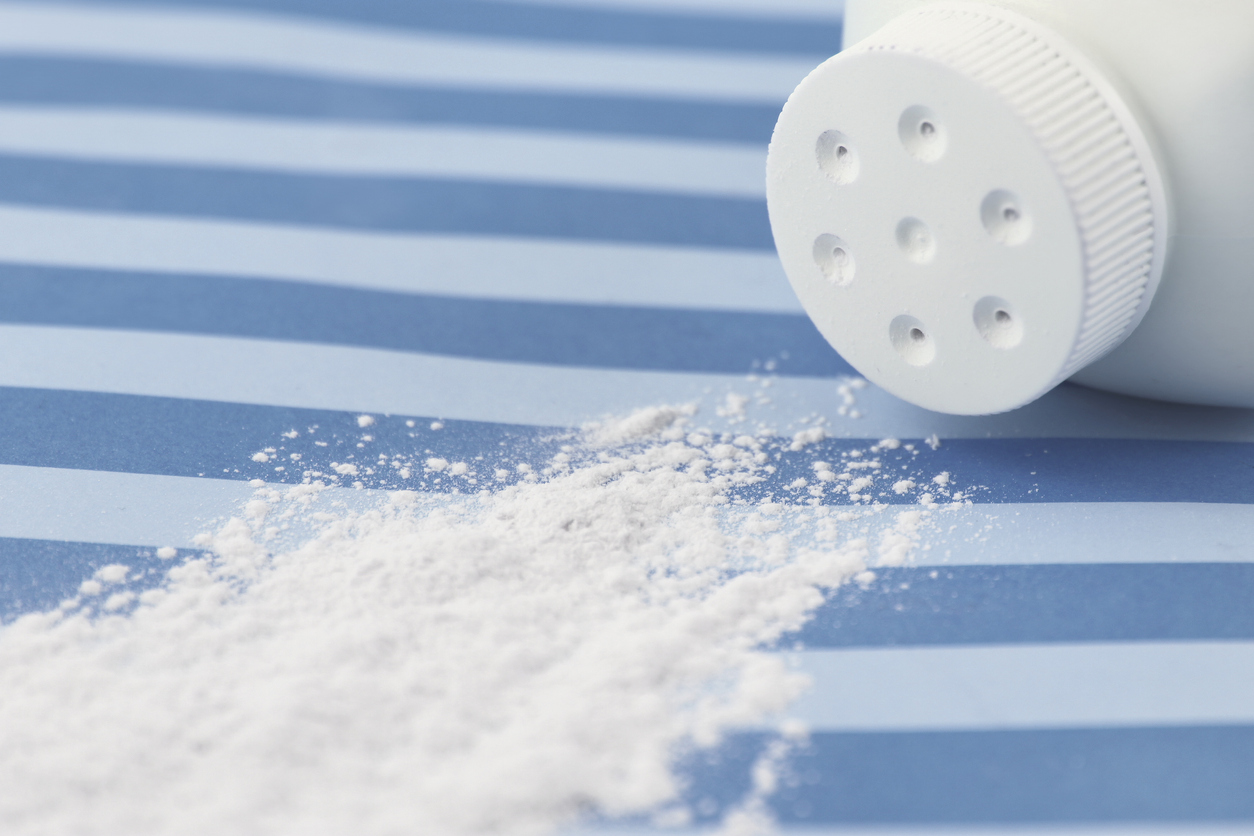The Missouri Court of Appeals reduced total damages to about $2.1 billion. J&J earlier Tuesday said the new amount was about $2.2 billion but subsequently said it was $2.1 billion.
The 2018 verdict, following a six-week trial in state court in St. Louis, was the biggest award of damages in a series of trials arising from lawsuits over the safety of Johnson’s Baby Powder, as well another talc-containing powder, Shower to Shower, that J&J used to sell.
J&J said the 2018 trial in St. Louis “was a fundamentally flawed trial, grounded in a faulty presentation of the facts.” The company said it will pursue further review of the case by the Supreme Court of Missouri.
Mark Lanier, an attorney for the plaintiffs, said the appellate court’s decision Tuesday “carefully holds companies responsible for reprehensible conduct, while recognizing limits of jurisdiction and punitive damages.”
More than 19,000 plaintiffs had talcum-powder lawsuits pending against J&J in U.S. courts as of March 29.
Many suits allege that talc-containing powders caused ovarian cancer in women who used it for feminine hygiene for many years. Other lawsuits say that inhalation of the powder caused a rare cancer called mesothelioma, which affects the lining of the lungs.
Plaintiffs’ lawyers also have alleged in some cases that the talcum powder contained asbestos, a naturally occurring mineral linked to mesothelioma.
J&J says its talc-based powder is safe, doesn’t contain asbestos, and didn’t cause cancer in people who used it. The company has won cases in court, but has lost some hefty verdicts as well.
In the Missouri case, half of the 22 women have died from ovarian cancer, six before the trial and another five since it ended, a spokesman for the plaintiffs’ attorneys said.
J&J had appealed the jury verdict to the Missouri Court of Appeals, saying plaintiffs failed to present substantial evidence that baby powder caused their ovarian cancer.
In its decision, the court wrote that “the evidence, when viewed in the light most favorable to the verdict, reveals Plaintiffs met their burden to establish causation.”
Talcum-powder verdicts and negative publicity over the safety issue have weighed on J&J’s reputation and stock price in recent years.
In May, J&J said it will stop selling talc-containing baby powder in the U.S. and Canada, citing a decline in customer demand amid the safety concerns.
The company will continue to sell a cornstarch-based version of Johnson’s Baby Powder in the U.S. and Canada. And it will continue to sell both talc- and cornstarch-based powder in other countries.
Last year, J&J recalled about 33,000 bottles of its baby powder after the U.S. Food and Drug Administration said a laboratory test found a small amount of asbestos in one bottle. J&J said it issued the recall out of an abundance of caution, and said subsequent testing of the same bottle and lot by different labs found no asbestos.













